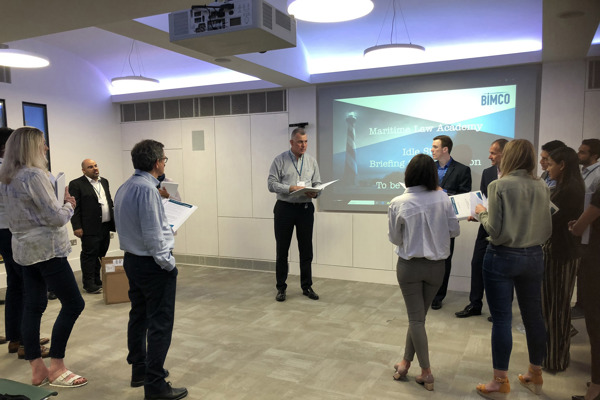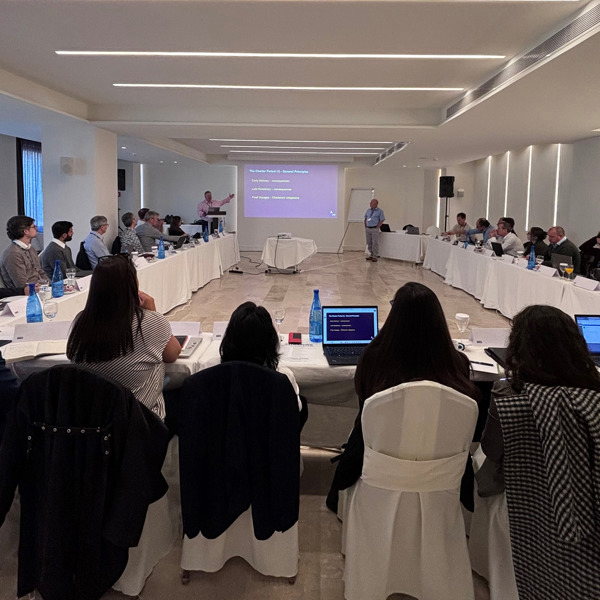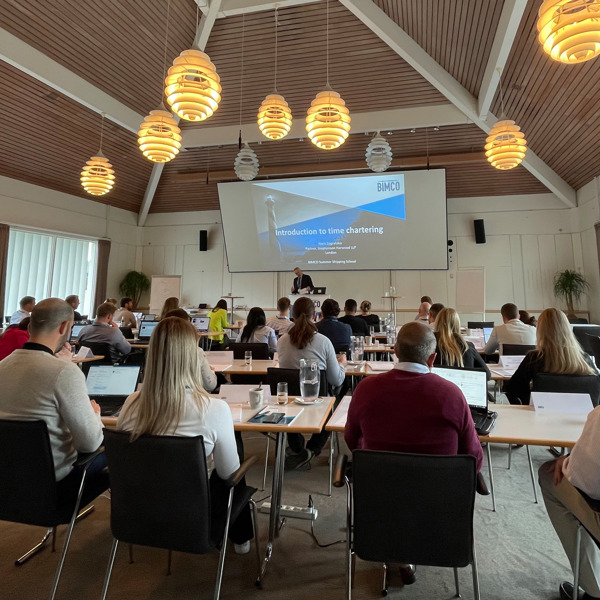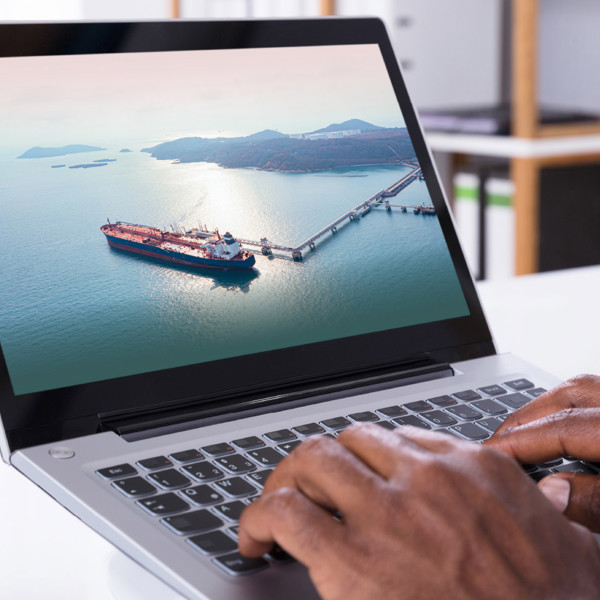Why train with BIMCO?
Master the complex laws and regulations of the international shipping industry, as well as chartering, insurance, laytime & demurrage.
BIMCO has developed some of the world's leading shipping contracts and clauses, including the most widely used charter parties, bills of lading and other standard agreements. Delivering specialist knowledge and insight, BIMCO’s industry experts explain how to get the most from these agreements.
Our experts will equip you with the knowledge to minimise operational, chartering and legal risks, and improve efficiency and cost effectiveness.
Face-to-face and online learning options are available.








